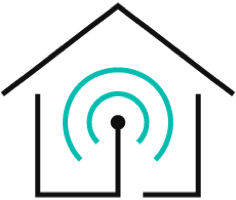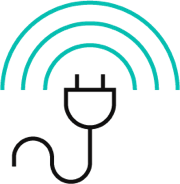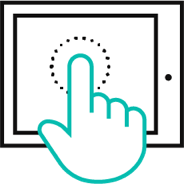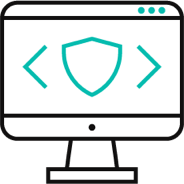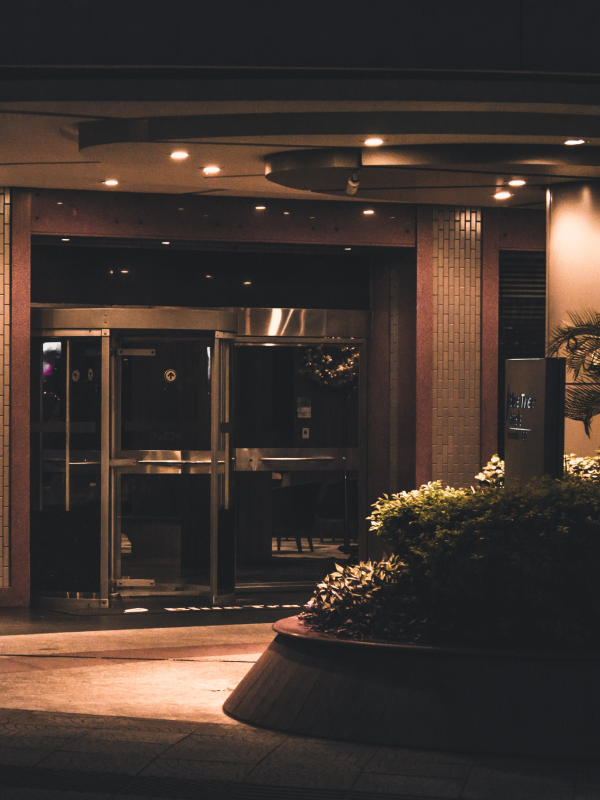Want to leave the comforts of home but need a place to stay? The hospitality industry is prepared to serve you. The hospitality sector has developed remarkably over the past several years, offering a variety of cutting-edge amenities and services designed to improve the lifestyles and guest experiences of its patrons.
Due to the advantages and benefits that the Internet of Things (IoT) offers hotels, some top organizations in the hospitality sector have already incorporated the technology into their operations. These benefits may include providing a cutting-edge customer experience or reducing energy costs.
IoT technology allows hotel owners to enhance hotel conditions and provide a comfortable and personalized experience to their customers while also reducing waiting times.
- Need for Automation In Hospitality
- Scope of IoT In Hospitality
- Application of IoT Solutions In Hotels
- Benefits of Automation In Hospitality
- Evvr Hub - Your Partner For A Smart Home
Need for Automation In Hospitality
There is no denying that customers demand "customizations" everywhere, whether with their desks at work or bedrooms at home.
People are made to feel special by customization. IoT should be adopted because the hospitality industry's primary goal is to deliver the best possible visitor experience.
The IoT has tremendous potential to improve client experiences and cut operating costs in the hospitality sector.
The following are some advantages of IoT for hotels
- Spend less on human resources, front desk administration, and housekeeping.
- More positive evaluations and one-on-one client interaction result in higher revenue creation.
- Fewer unforeseen ad hoc repair calls mean fewer disruptions at work. In addition, planned maintenance is less expensive, takes little time, and is simple to prepare for.
- The administration and gathering of guest data are more thorough. You can give customers a better experience if you have a better grasp of their spending patterns, interests, and behaviors.
- A higher satisfaction rating will result from providing guests with precisely what they want due to a better knowledge of their needs.
Therefore, visitors and their interactions with hotels will feel the effects of these benefits. The guest experience will improve as soon as the operations do. Direct proportionality applies.
Scope of IoT In Hospitality
The industry uses many IoT-centric systems to improve operational efficiency and serve its customers better. Let us explore the scope of hotel automation in service delivery and quality.

Integrated Services
The hotel business may use IoT to provide integrated services. For instance, the hotel business can use IoT to offer integrated services, including equipment controlled by applications and automated devices like automated electric blinds, phones, or set-top boxes connected via a shared network to enable the services the visitors need. These amenities will help hoteliers enhance the comforts of their guest rooms and provide an opulent setting.
Better Housekeeping
IoT enables hotel personnel to provide better room service, energy conservation, and housekeeping services while enabling better facility maintenance. Executing IoT-induced solutions enables owners to enhance services in areas like the front desk, concierge, or room services while also allowing staff to concentrate on customer needs thanks to data-focused alerts and triggers. The owners can provide a cutting-edge experience and increase customer loyalty thanks to these sensors.
Cost-Effective Measures
IoT technologies contribute to increasing profits, reducing costs, and developing smart energy management systems that let visitors ideally modify the resources in their hotel rooms. IoT technologies can also be used for sophisticated inventory management. With IoT sensors installed in kitchens, even food preparation can be monitored in real-time. This helps restaurant operators improve quality control and adhere to food safety standards.
Application of IoT Solutions In Hotels
Automatic Check-In
IoT-enabled self-service kiosks are becoming more and more popular among intelligent hotels as a way to automate the check-in process for visitors. Self-service kiosks, which resemble the standard booths we typically see at airport check-in desks, let guests skip the line at the reception desk and quickly have access to their room keys.
Geo-Specific Information
With the advent of technologies like Bluetooth and GPS, platforms in the hospitality and hotel sectors now have access to location-based data that can be used to deliver messages to clients at the precise moments when they are most relevant to the recipient.
This could involve, for example, promoting gym services when visitors pass by the gym, sending SMS texts about restaurant menu items whenever visitors are nearby or promoting gym services when visitors are close to the gym. Providing information about nearby attractions, local transportation options, or both can also be included. Businesses can use this geographical information to optimize worker numbers.
Tracking of Essentials
With asset monitoring technology, the guest services crew at IoT smart hotels can track items like cleaning carts and luggage racks. The efficient operation of smart hotels can be improved by real-time evaluation of essential equipment.
Personalized Customer Services
Several top hotel chains, including Marriott and Wynn, have embraced voice-controlled consumer services for IoT. These services are likely to grow and prosper over time.
How does this service benefit the hospitality industry? Customers can use the service to request hotel room service, reserve tables at the hotel restaurant, or register for events like spa treatments by simply explaining their needs to the voice-activated service in their room.
Smart Locks & Security
Smart locks eliminate the need for traditional vital cards and room keys by allowing visitors to use phone apps as their room keys. Integrating IoT security devices can be connected and set up using various protocols. For example, a security problem may result in audible or on-screen notifications and emergency illumination.
IoT-powered key card integration provides a high level of convenience and comfort. Hotels enable more sophisticated essential card substitutes like mobile keys or room key software. With these keys, visitors may use their iPhones to manage door locks, the temperature, and window shades.
Benefits of Automation In Hospitality
When it comes to the hotel industry, IoT offers a wide range of advantages. Here are some of the most rewarding benefits.

Efficient Services
Of course, who wouldn't want to be able to offer improved services while still saving money? Hotel managers can stay informed about energy usage and effort reductions thanks to IoT's involvement in cutting costs by managing operations automatically.
For instance, IoT allows the lights and switches to turn off when a guest leaves a room automatically. This function, which digital devices may access, reduces personnel costs. IoT enables continuous tracking, allowing hotels to collect real-time data about the preferences of a customer's in-hotel purchases.
Enhanced Customer Experience
When it comes to the service sector, one factor is always given priority: customer service. The more contented and devoted a consumer is, the more business that person may generate. Of course, customers will have more faith in a company that offers personalized, quick service. The improvements made possible by IoT systems contribute to improving the customer experience by attracting more guests and making hotels more appealing.
Valuable Insights
IoT facilitates service analysis and allows hoteliers to monitor the process at specific moments. They can then expand their alternatives for service and delivery as a result. Through the system, the data collected may be adequately evaluated and provide helpful insights that inspire them to improve their current services or roll out more.
Incorporation of Existing Devices
IoT implementation doesn't require replacing current devices and may work in harmony with them without any adjustments; therefore, investing in it would be profitable and reduce costs while improving service levels.
Evvr Hub - Your Partner For A Smart Home
Evvr Hub is a processing and command unit that connects all the smart devices around your space under your control. It works with all major wireless communication protocols, including Zigbee, Z-Wave, and more. We ensure world-class security and fail-safe mechanism so that you are on top of the developments around your innovative space. So, become a partner today and enjoy the exceptional perks of smart living!

